New Construction
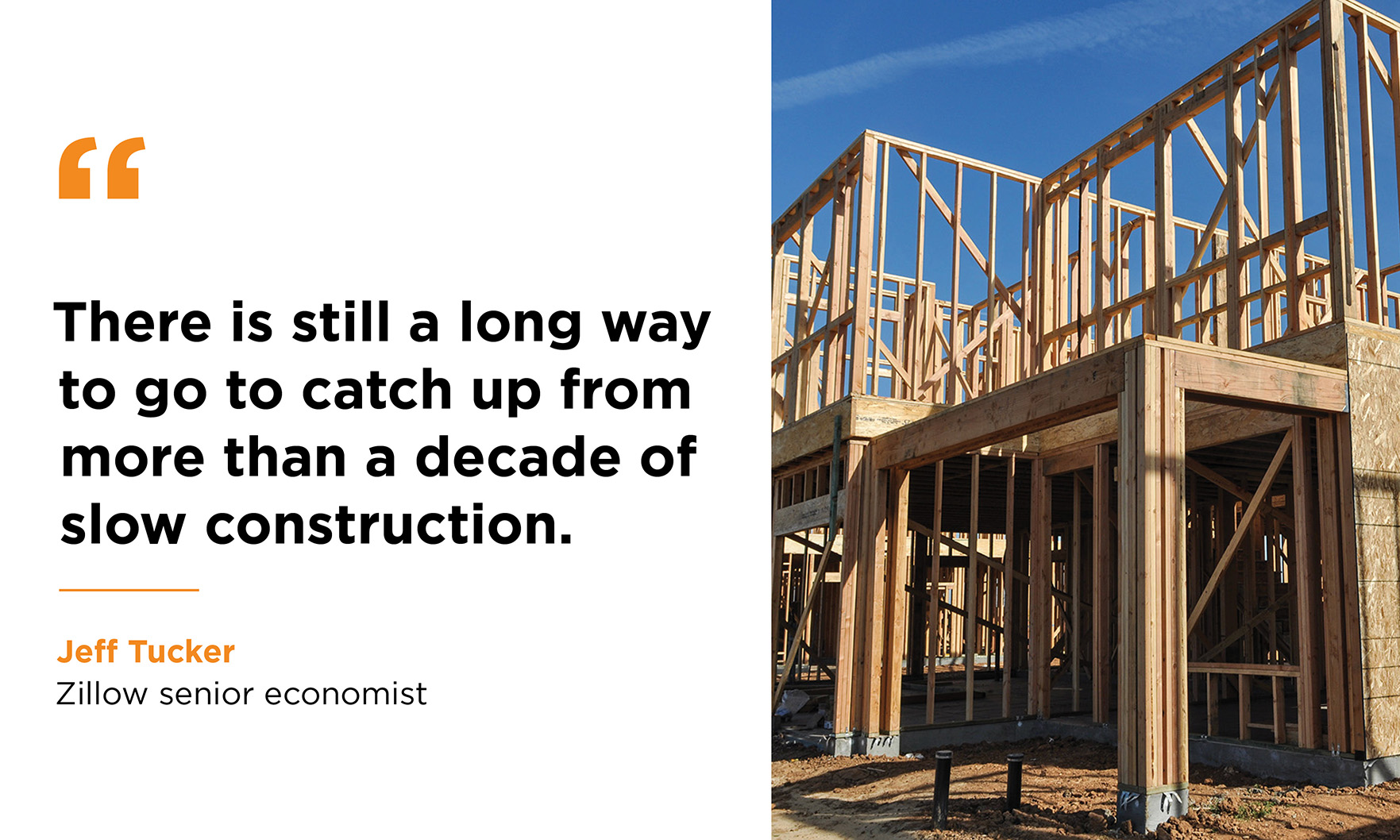
There may be a construction boom, but builders still have a lot of ground to make up from a decade of underbuilding, according to a new report from Zillow.
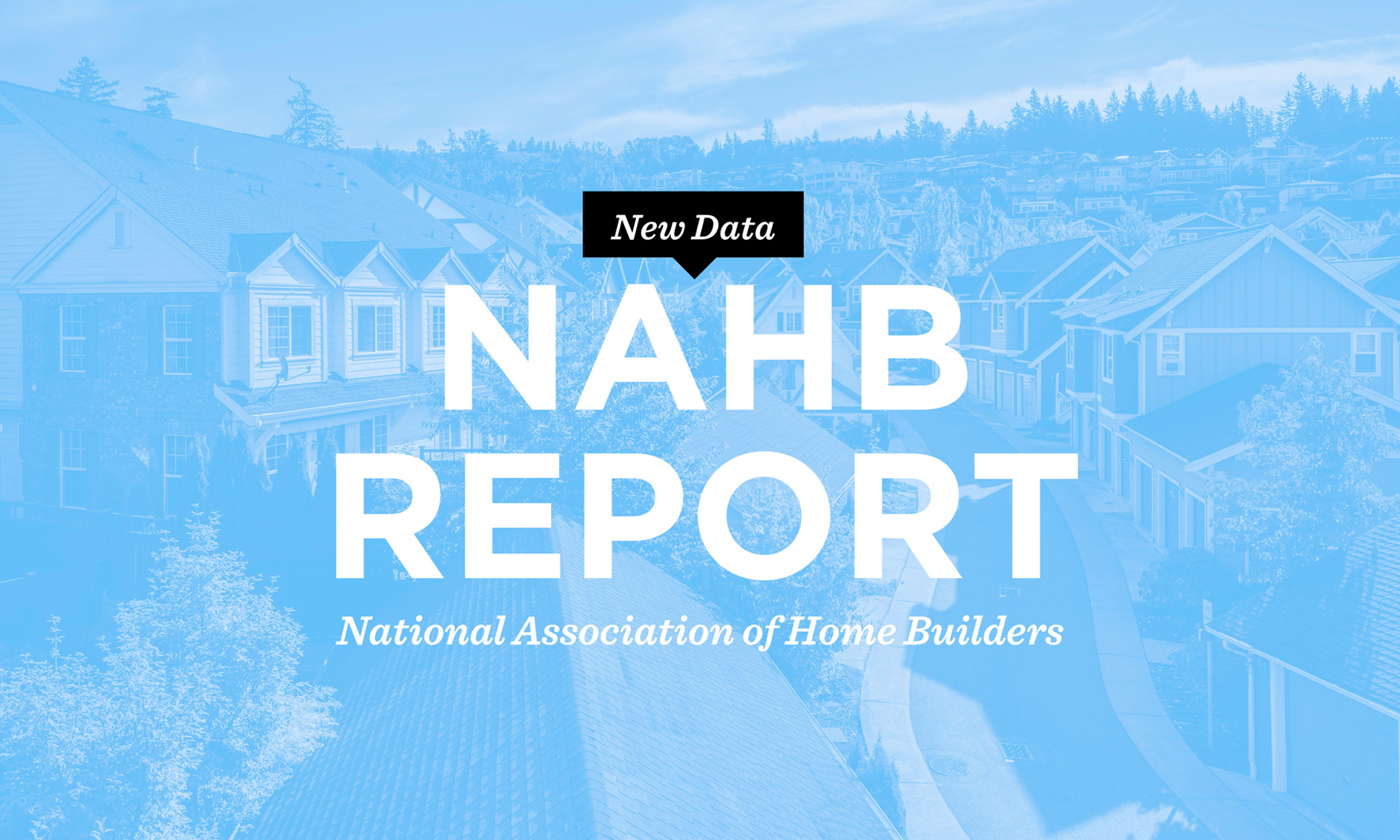
November’s reading of 83 was up three points from October, driven by low existing inventories and strong buyer demand, the National Association of Home Builders reported, citing the latest NAHB/Wells Fargo Housing Market Index.
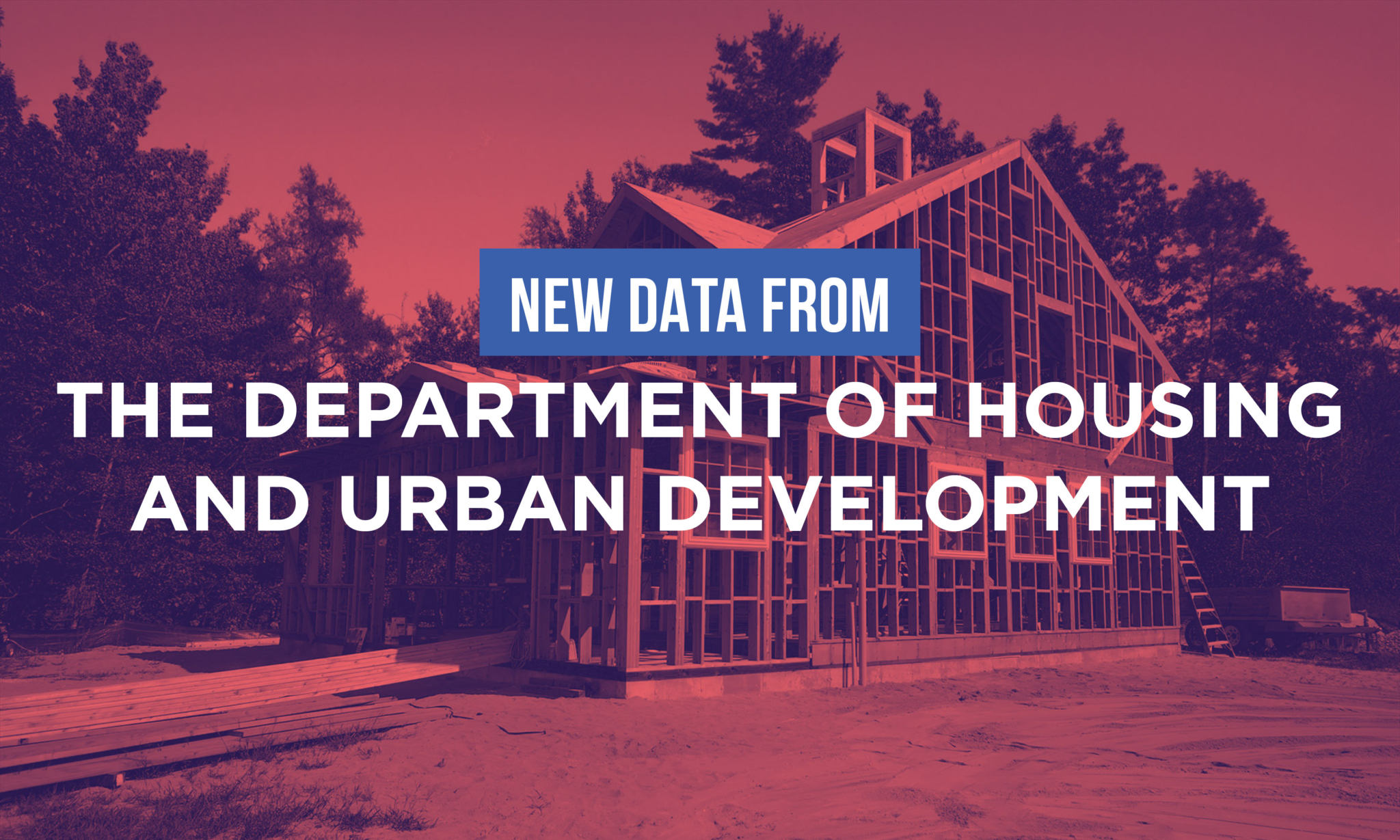
Housing observers noted that demand for housing remains robust despite the lack of new supply.

“There simply aren’t enough homes for sale relative to the demand fueled by millennials armed with low mortgage rate-driven house-buying power.” — First American Deputy Chief Economist Odeta Kushi

The decrease was driven by a 5.1% month-over-month slide in the rate of multifamily starts, while single-family construction was flat.

The seasonally adjusted estimate of new houses for sale at the end of July was 378,000, representing a supply of 6.1 months at the current sales rate.
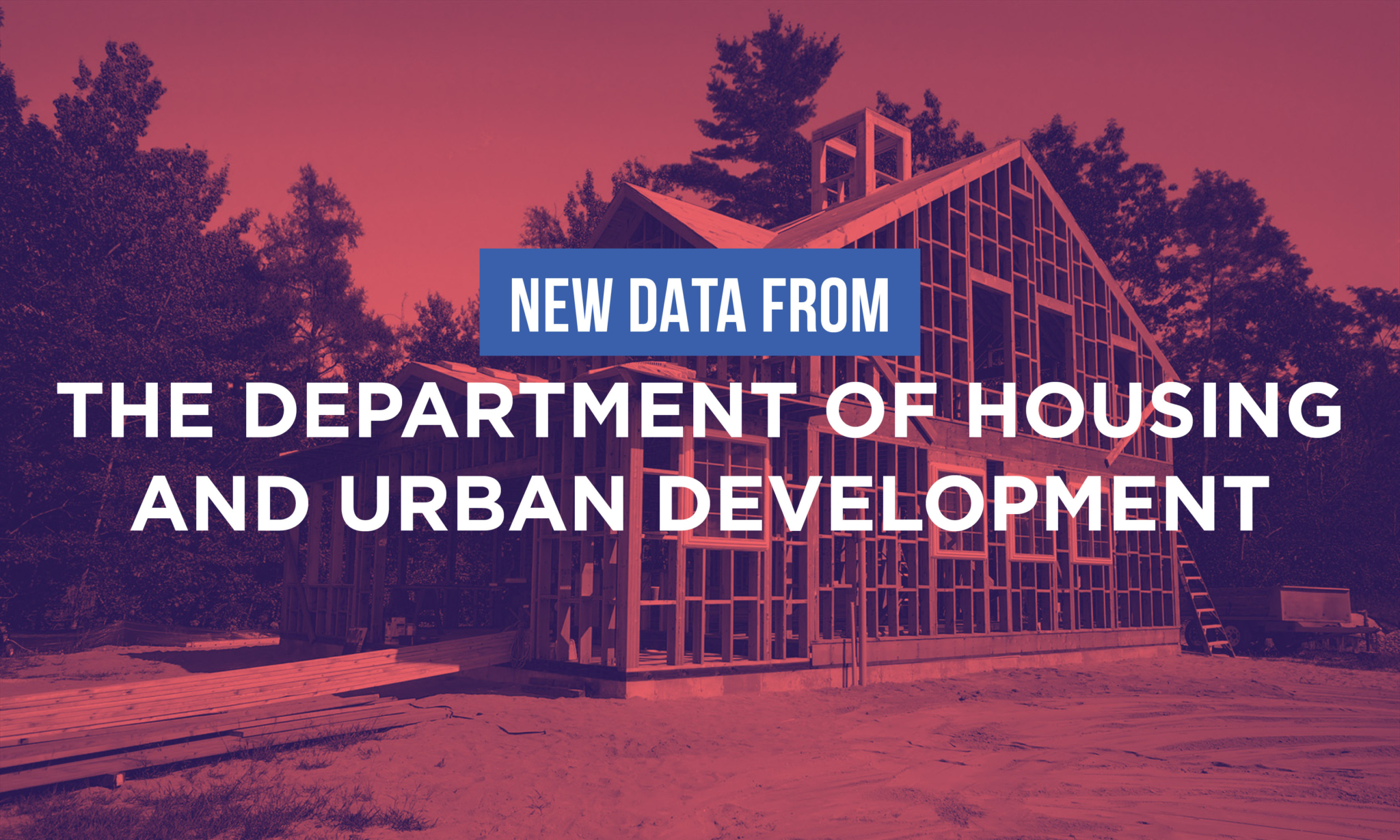
“The bright spot in an otherwise underwhelming report comes from the increase in the overall number of permits issued, which can signal how much home construction is in the pipeline.” — First American deputy chief economist Odeta Kushi
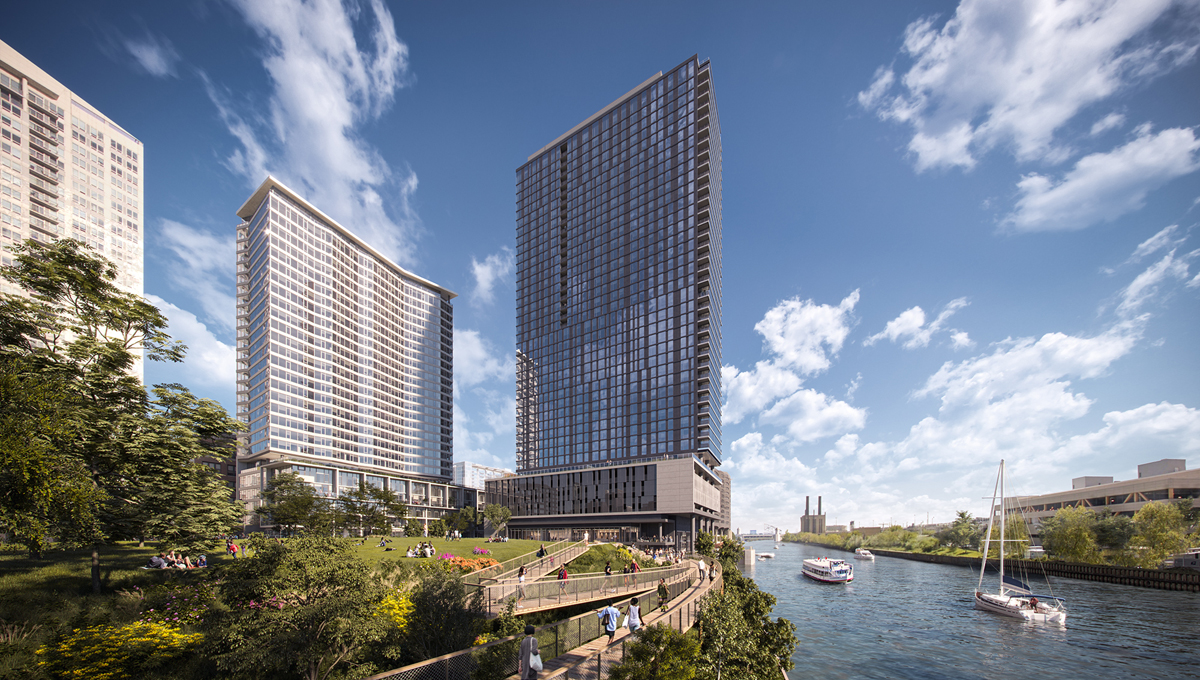
The program allows these temporary renters to recoup 50% of the rent they pay (up to 2.5% of the sales price) during construction as a credit toward their condo at closing.

Increasing costs and declining availability of key building materials dampened builder sentiment, as higher costs have pushed some new homes beyond the budget of prospective buyers.
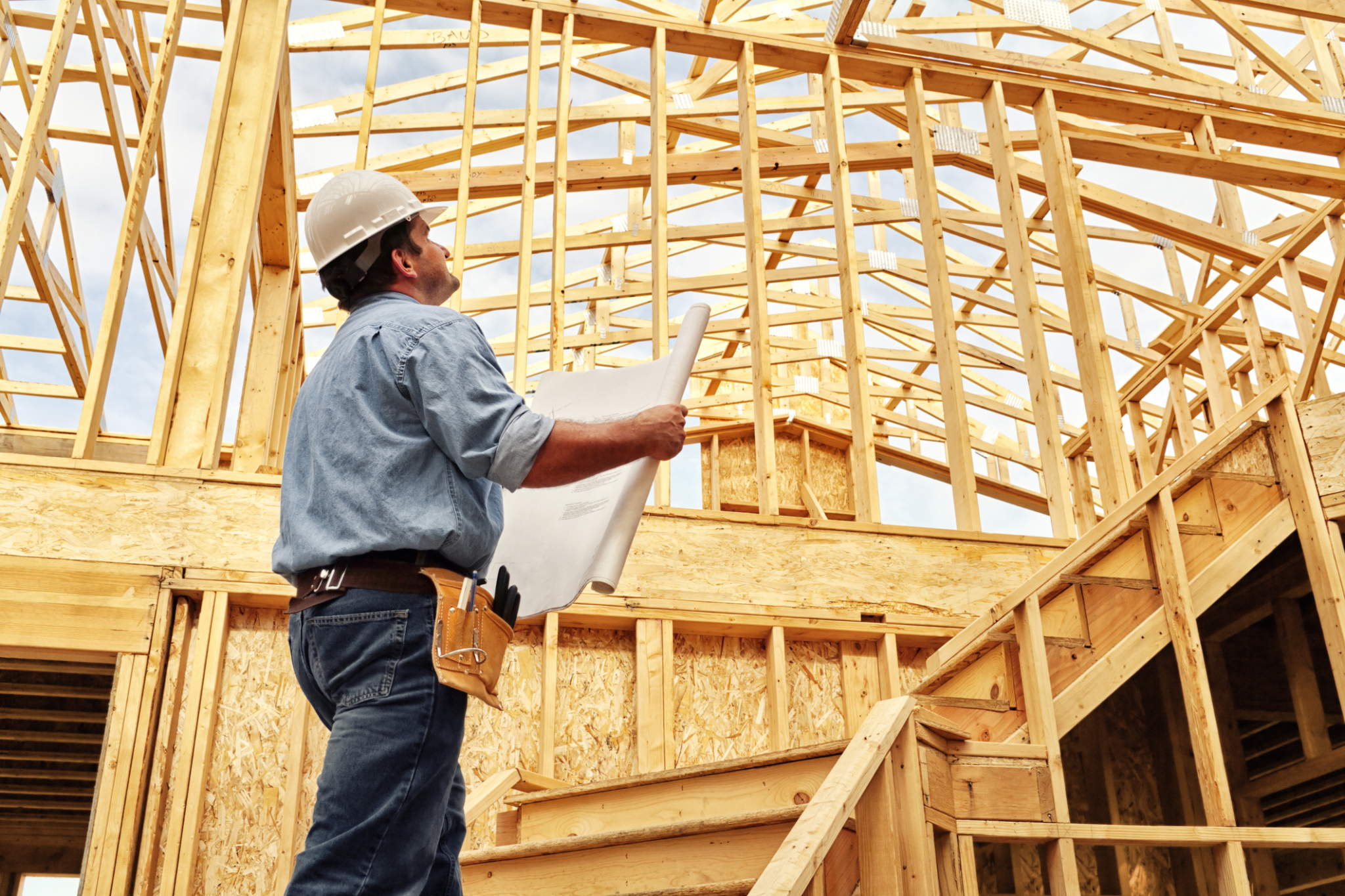
With high costs slowing construction and potentially lowering homeownership for many, easing zoning rules may be the most effective way to increase the supply of new housing.
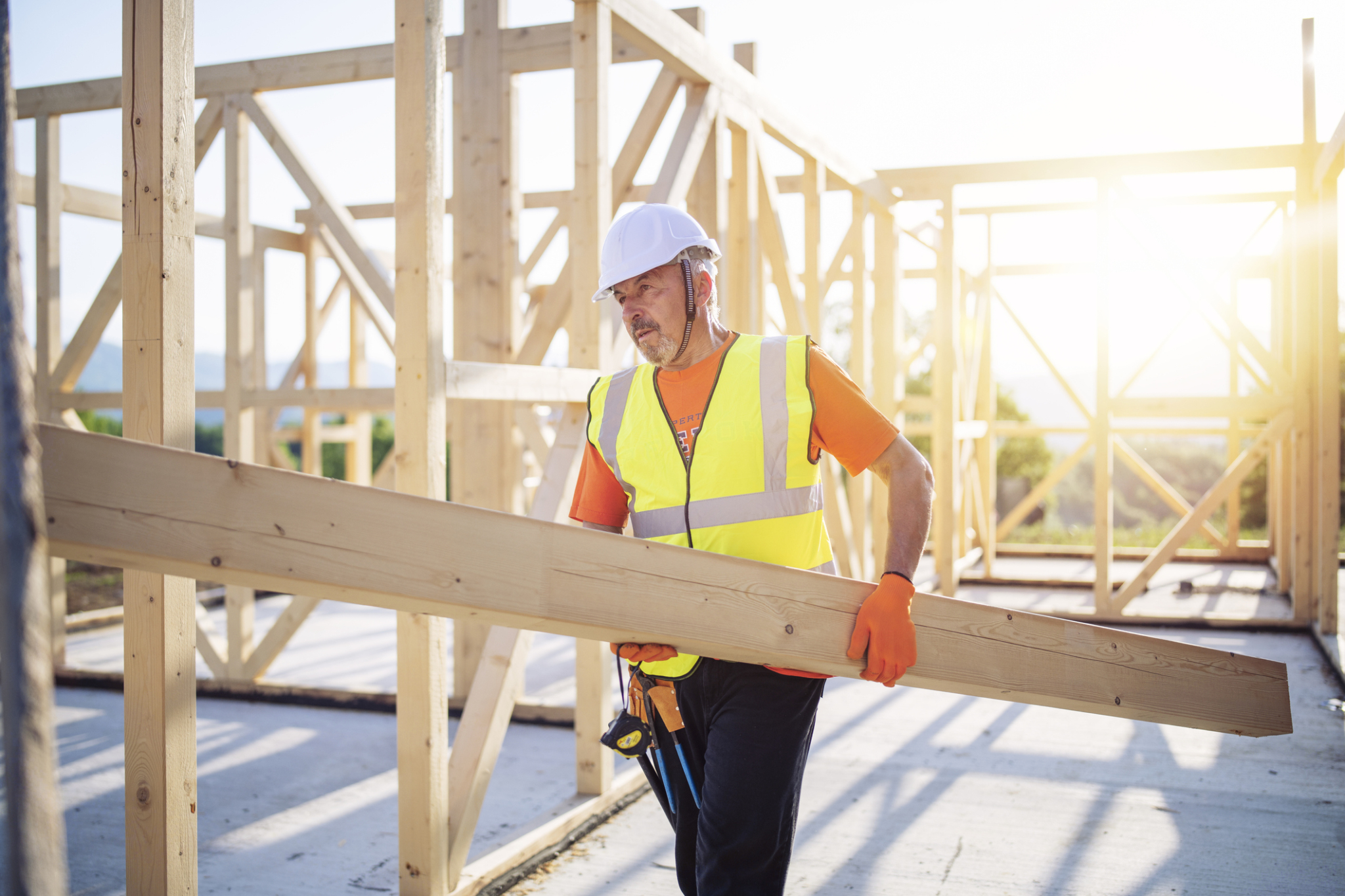
Special questions added to the National Association of Home Builders’ monthly builder survey found 90% or more of respondents had experienced shortages of plywood, oriented strand board, framing lumber and appliances, with most other materials also hard to come by.

Builder confidence was steady in May, carrying over April’s reading of 83 for another month, according to the most recent National Association of Home Builders/Wells Fargo Housing Market Index.

Low mortgage rates and low inventory levels are making the demand for homebuilding more attractive to buyers in Chicago and nationwide.
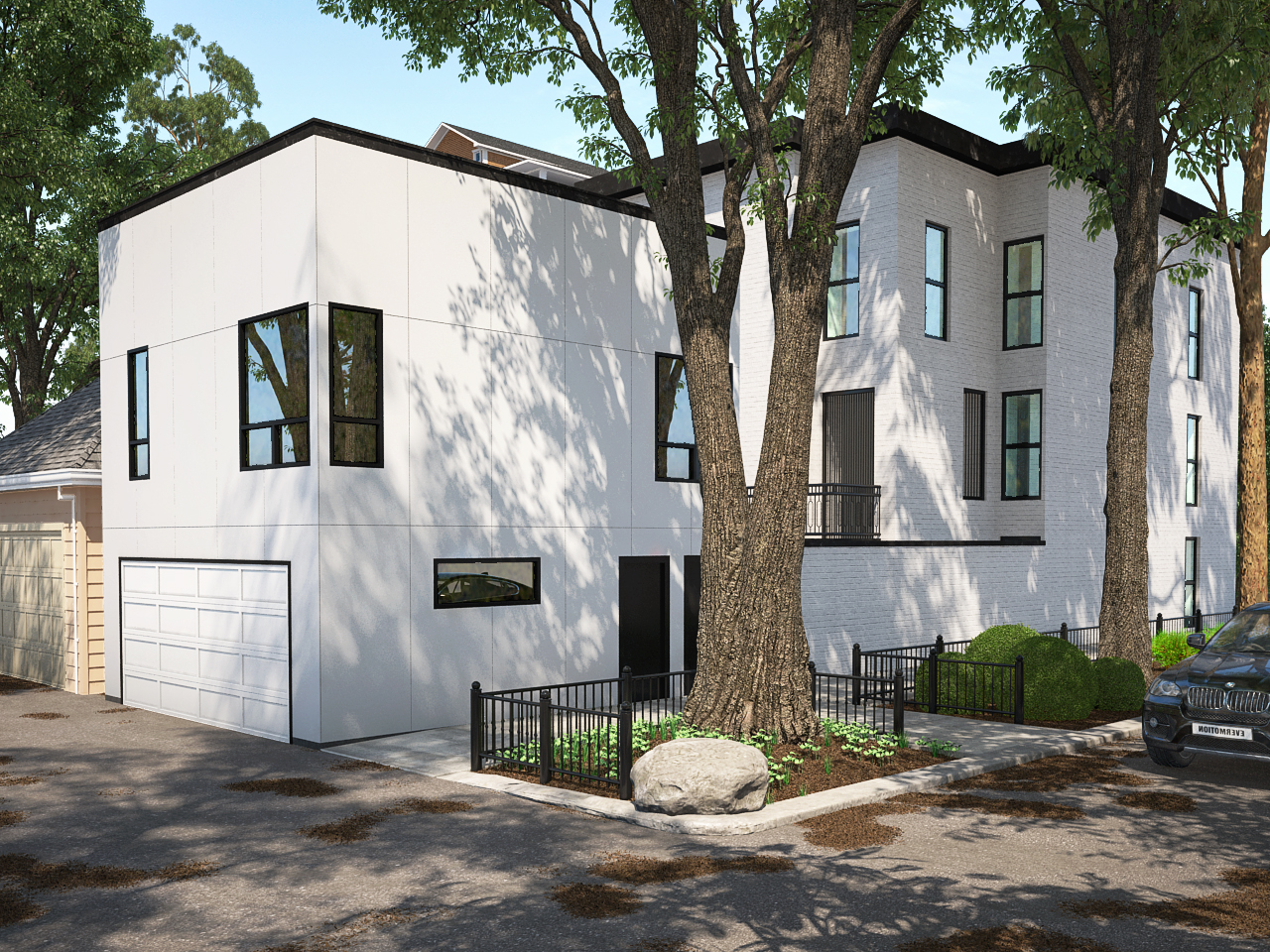
A new pilot program in Chicago encourages granny flats and basement units, but a recent rule change enacted by Fannie Mae and Freddie Mac could make it difficult to secure home loans for buildings with existing ADUs and basement units that are not in compliance.

The DHS announcement comes in response to businesses reporting an immediate need for supplemental, temporary guest workers for this fiscal year.
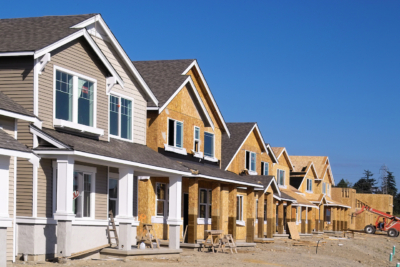
Privately owned housing starts jumped 19.4% from February’s revised estimate to a seasonally adjusted annual rate of 1,739,000, according to the U.S. Census Bureau and the Department of Housing and Urban Development